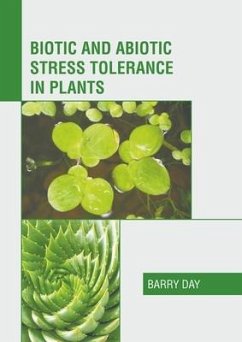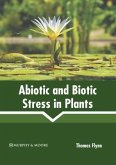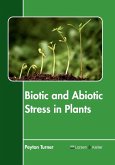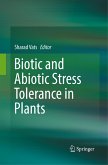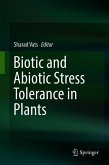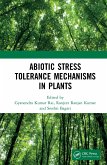Plants experience biotic and abiotic stresses. The negative impact that other living organisms have on plants causes biotic stress. Some of these stressors are viruses, parasites, bacteria and weeds. Abiotic stress refers to the harmful impact of non-living factors such as wind, temperature, floods, droughts, sunlight and salinity. Plants deal with a variety of these biotic and abiotic stressors. Such stress can be detrimental as well as beneficial for the plants. The tolerance to these stressors depend upon the climate in which the plant grows and the ability of the plant to resist these stresses. Biotic stress affects the process of photosynthesis in plants whereas abiotic stress is known to affect the roots of the plants. This book provides comprehensive insights into stress tolerance in plants. It also unfolds the innovative aspects related to this field which will be crucial for the holistic understanding of the subject matter. This book aims to serve as a resource guide for students and experts alike and contribute to the growth of the discipline.

